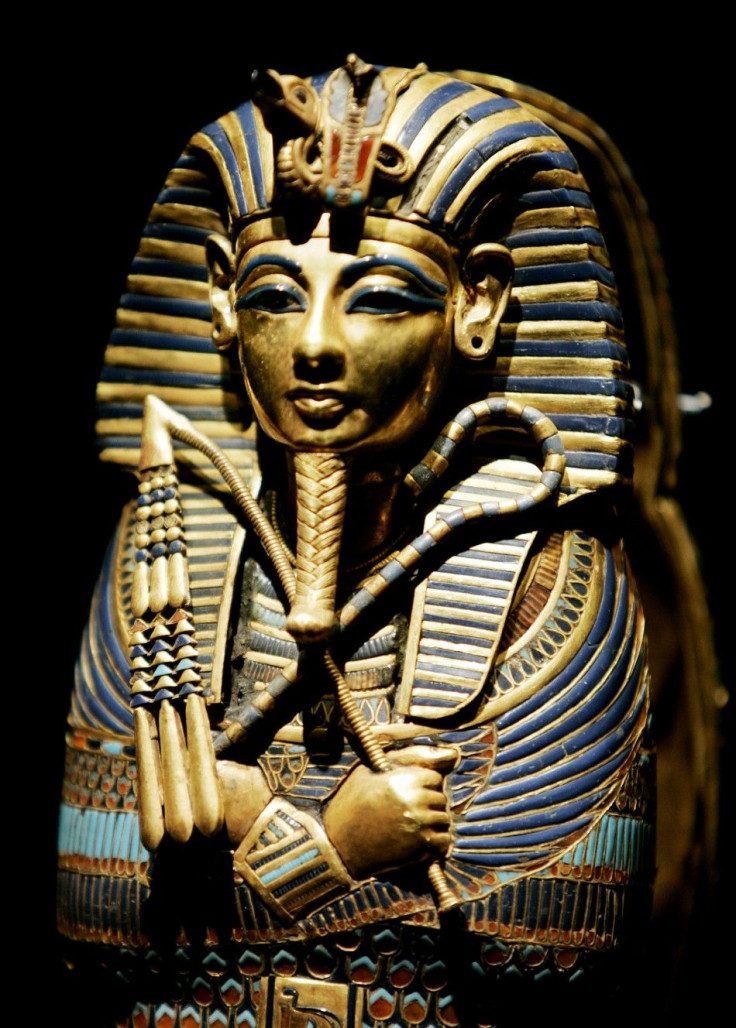Egypt Boy King Tut?s Lineage Discovered in Half of Europeans

The male descendants of pharaohs are still around! A new study suggests that most of the European men share the DNA of the most famous Egyptian pharaoh, Tutankhamun, also called the boy King Tut.
According to geneticists at Switzerland-based iGENEA DNA genealogy test center, up to 70 percent of British men and half of all Western European men are related to King Tut.
iGENEA reconstructed the DNA profile of the boy king in 2009 after carrying out extended DNA-tests with the mummy of Tutankamun and other members of his family, including his father Akhenaten and his grandfather Amenhotep III.
The result of the DNA-tests showed that King Tut belonged to haplogroup R1b1a2, which more than 50 percent of all men in Western Europe belong to, iGENEA said in a statement.
The R1b1a2-lineage is believed to have originated about 9,500 years ago in the Black Sea region, researchers said, adding that the haplogroup began to migrate to Europe with the spread of agriculture since 7,000 BC.
However, how this genetic profile group came to Egypt is unknown.
“Since paternal ancestry of King Tut is unknown, therefore it is not clear at this point of time, how this lineage came from its region of origin to Egypt,” according to iGENEA, which is using DNA testing to search for last or closest living relatives of Tutankhamuns male lineage in Europe.
In Egypt, the haplogroup R1b1a2 is estimated to be less than one percent, which researchers believe was “partially” caused by European immigration during the last 2,000 years.
The mystery of Mummies, Egyptian ancient dynasties, Egyptian Pyramids and the like have always grabbed world’s attention.
Most importantly, the Egyptian golden kingdom of the pharaohs has been one of the most sought after subjects for researchers, scientists, historians and enthusiasts alike ever since the discovery of King Tut's tomb in 1922 that led to scientific discoveries providing an insight into the Boy King's unexpected death.
Many exhibits and museums across the world offer visitors the opportunity to learn about the role of pharaohs in religion and society in Egypt.
© Copyright IBTimes 2024. All rights reserved.





















